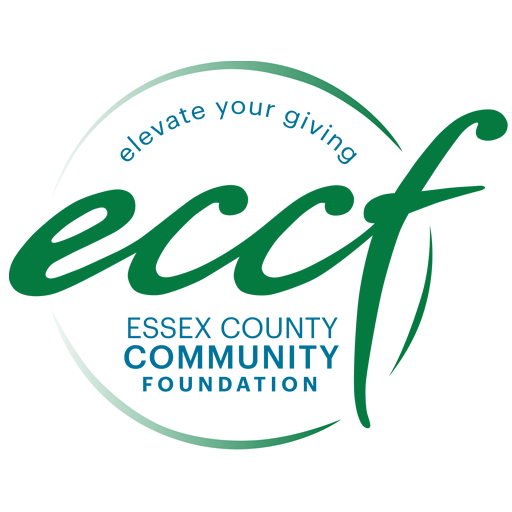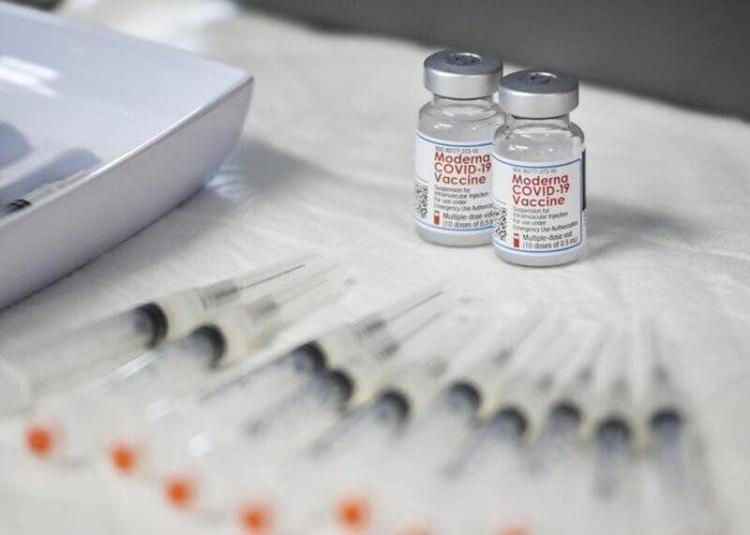COLUMN IN THE GLOUCESTER TIMES
By Stratton Lloyd and Michelle Xiarhos Curran
SEE ORIGINAL COLUMN IN THE GLOUCESTER TIMES HERE.
What we know and how we approach the multi-layered issue of COVID-19 vaccine access is continuously evolving. But what remains the same is that access to the vaccine has not been created equal.
In Essex County, second only to neighboring Middlesex County for most COVID-19 cases in the state, 34% of residents have received at least one dose of the vaccine. But when we dig just a little deeper, the data reveals that our region’s hardest-hit communities are often the ones left furthest behind. In Methuen, for example, just 31.5% of residents have received at least one dose of the of the COVID-19 vaccine; in Haverhill, just 29.9%, followed by Lynn at 28.9% and Lawrence at 21%.
Move in closer, and the disparities come into sharper focus. In Lawrence, Hispanics make up 82% of the population, yet only 4.9% of the city’s Hispanics have been vaccinated, whereas 72% of whites, who make up just 12% of the city’s population, have received their first doses.
In the last few weeks, the COVID-19 vaccine has been like a light shining at the end of our pandemic tunnel. But it isn’t shining for everyone. Lack of access to the vaccine is rampant in low-income communities and communities of color – which are disproportionately impacted by the virus – for a variety of reasons, including:
- The Digital Divide. Many people lack the technology and digital literacy to access vaccine scheduling portals.
- Transportation. A lack of reliable transportation means that many residents cannot travel to distant vaccination sites for appointments.
- Inflexible schedules. Many low-income and frontline employees cannot afford to alter their work hours to commit to available appointments.
- Underinvestment. Additional resources for vaccine programs and sites in low-income communities and communities of color are critical to getting every person vaccinated.
This issue of vaccine inequity is compounded in some communities of color by the complex matter of vaccine hesitancy, a facet of the COVID-19 challenge we continue to learn more about every single day.
Essex County Community Foundation, with the support of generous donors – including the Barr Foundation – who together have gifted $250,000 to our COVID-19 Response Fund, is working to help break down the multitude of barriers people face in accessing the vaccine. With these critical funds, and together with leaders from affected communities, ECCF is exploring ways to support collaborative programming and initiatives that are working to ensure every resident in our region has the opportunity to receive this potentially life-saving vaccine.
And there are tangible and innovative ways philanthropy can support equitable vaccine distribution.
In Lynn, for example, supporting a collaboration between local social service organizations, faith-based groups and the community health center will enable them to perform vaccine outreach to the most vulnerable residents and connect them with vaccine appointments.
In Lawrence, supporting a collaborative call center organized by Lawrence General Hospital, the City of Lawrence and nonprofit organizations like the Lawrence Partnership, will help expand outreach efforts and assistance in booking appointment for the most vulnerable and hard-to-reach populations.
Similar efforts to create systems of support for vulnerable residents in Gloucester, where COVID-19 cases are on the rise, and Peabody, which was added back on the list of Massachusetts COVID-19 hot spots just last week, are also underway. Collaborative work like this – organized by people and organizations who know and love their communities – tackles the challenge of vaccine access at its very roots.
“We must get back to local clinics and bring the vaccine to people where they are with the organizations that they trust,” said Corey Jackson, executive director of Citizens Inn Inc., a Peabody-based nonprofit that has been on the front lines of COVID-19 from the very beginning. “It will dramatically reduce hesitancy, eliminate barriers to technology and transportation, and ultimately be a just and fair system of distributing the vaccine to all people of Massachusetts.”
While we should applaud the scientists and drug companies for their work, it’s not enough to simply produce a vaccine. Its distribution must be fair, effective and equitable, much like the distribution of hope should be. Philanthropic support for local collaborative efforts like the ones mentioned above can play a major role not only in increasing vaccination rates and ultimately ending the pandemic, but also in developing and strengthening community and regional systems in which trust and teamwork prevail, systems that endure so they can help our cities and towns recover and take on the next inevitable challenge.
If we work together, we can make that light at the end of the tunnel visible for all to see.
Stratton Lloyd is executive vice president and COO at Essex County Community Foundation. Michelle Xiarhos Curran is the foundation’s communications writer.


